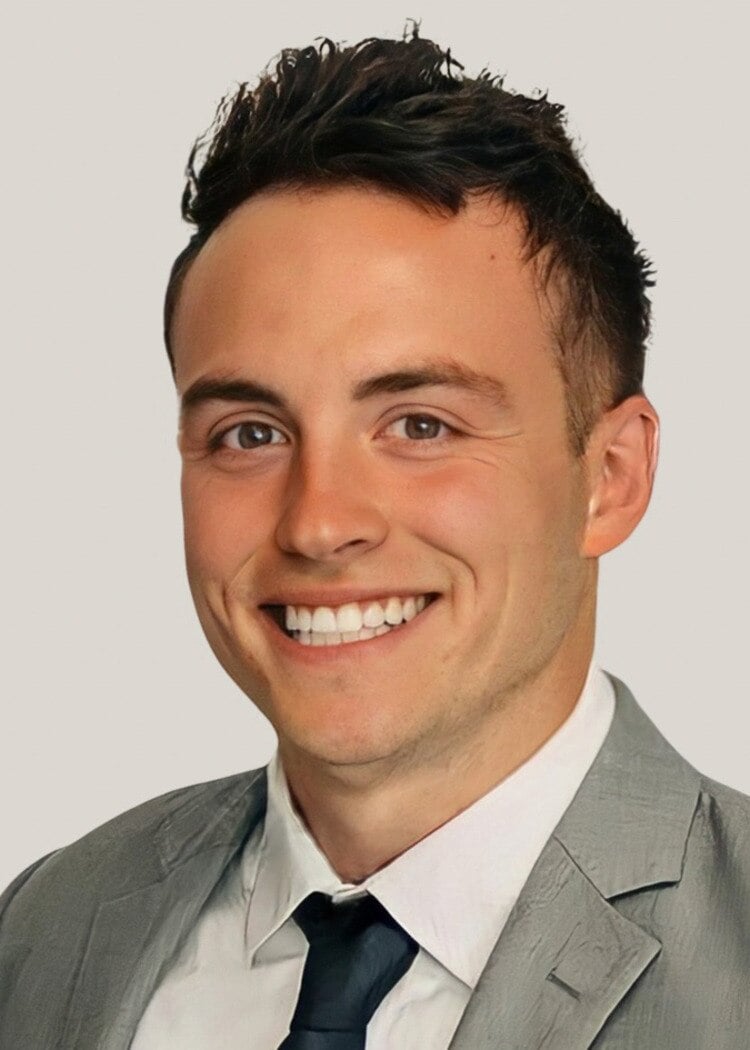Medical school interview questions can be intimidating, but you can master this aspect of the MD admissions process through thoughtful preparation. Here are three of the trickiest interview questions and how you can go about tackling them:
What is your biggest weaknesses?
This is one of the more challenging questions to answer because you have to balance candidness while still selling yourself. I recommend providing an example of a weakness that you have adapted into a strength in an educational or professional environment.
For example:
“I am a very social person, and I am almost always friends with my coworkers/classmates—I love to chit-chat! I have found this to be beneficial in that it helps strengthen team relationships and makes work more fun. However, there are often instances where socialization cannot be the primary focus of work. When I was younger this was certainly something I struggled with. However, as I grew into leadership positions, I modified my behaviors to where I was able to be social in professional environments, while not at the expense of the task at hand.”
Tell me something interesting about yourself
This is a question whose utility comes not from your answer, but from your answer’s ability to function as a vehicle to reveal something about your personality. While it is fun that you have a German Shepard, nothing about that tells a medical school why you would be a good doctor or are an interesting candidate. I would try and use an anecdote that is very telling of your personality that could possibly open the door for back and forth with your interviewer.
For example:
- An internship or work experience outside of medicine—this helps display the multifaceted nature of your interests
- A solo trip you took—where you can talk about how it felt to be alone in a new environment where you had to make your own way
- A unique hobby you have—which allows you to demonstrate a passion in a niche area that the interviewer might not know too much about
Tell me about a time you failed
This is another difficult question to answer because, if you don’t answer thoughtfully, you can fall into the trap of simply telling your interviewer why you are not a strong candidate. Importantly, the significance of this question comes, not from the way you failed—but how you overcame. The interviewer wants to know about your approach to adversity. Medical school is very hard and will throw many curveballs at you; the interviewer wants to see how you will overcome difficult experiences. I would try and focus more on the ways you navigated the failure, rather than the failure itself.
For example:
“I have always loved hiking. In college I took a year off to backpack the Pacific Crest Trail, however 900 miles into my trip I tore my Achilles. I had to end my trail early, fly home, get surgery, and then be bed bound for weeks. During this time, I often felt myself wallowing. Why had this happened to me? I trained my body pre-hike, bought all the correct gear, and tore my tendon simply while walking down the street—I had been doing all the right things. It took time, talking to friends who experienced similar things, and reflecting on my hike to finally get some perspective. No matter how badly we want something/how well we prepare—life doesn’t really owe us anything. If things do (which they inevitably will) go sideways—we have to learn to handle them in stride. When something unfortunate happened, I had to learn to find the actionable elements of my situation and be at peace with the immovable parts."

Comments